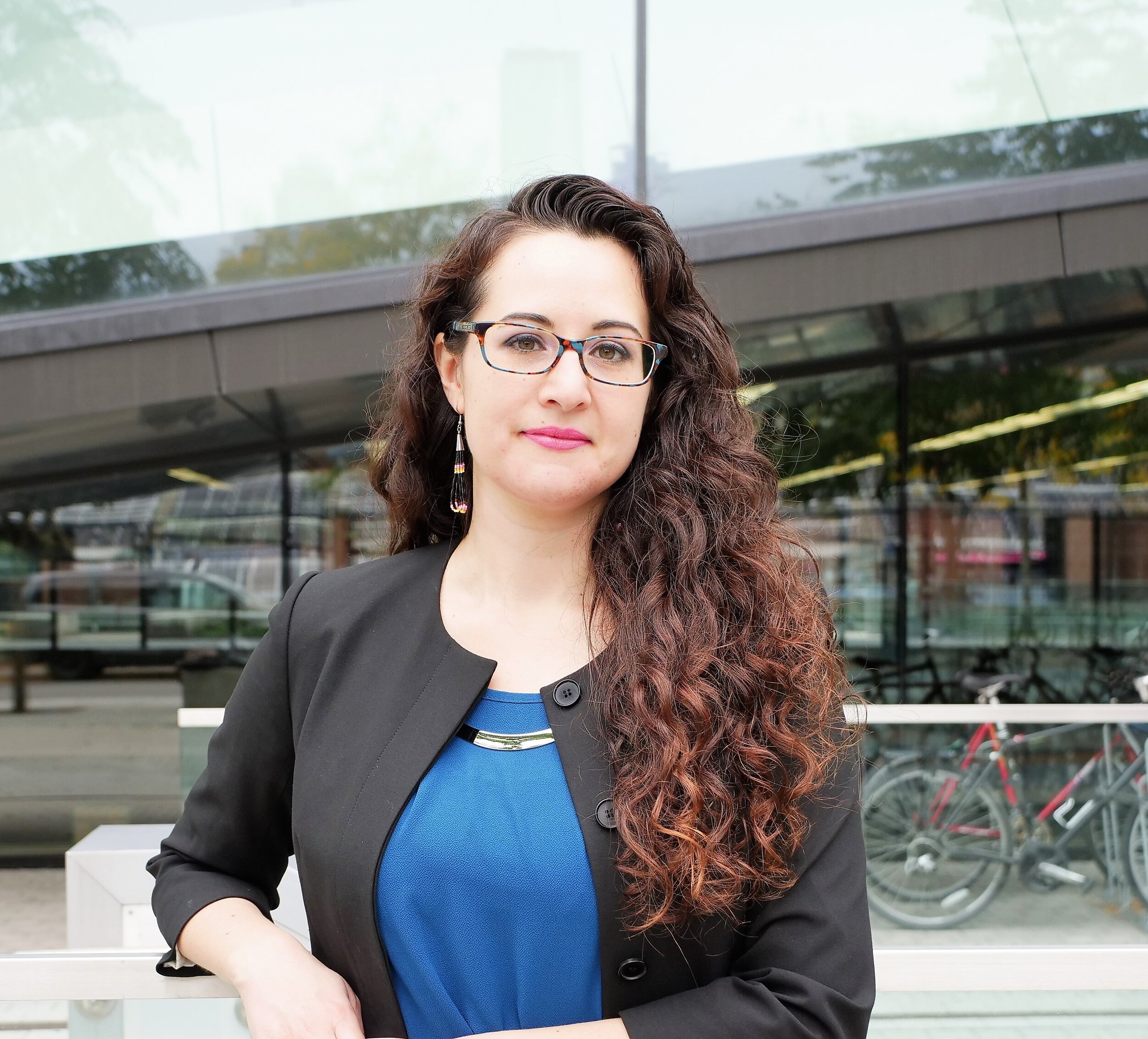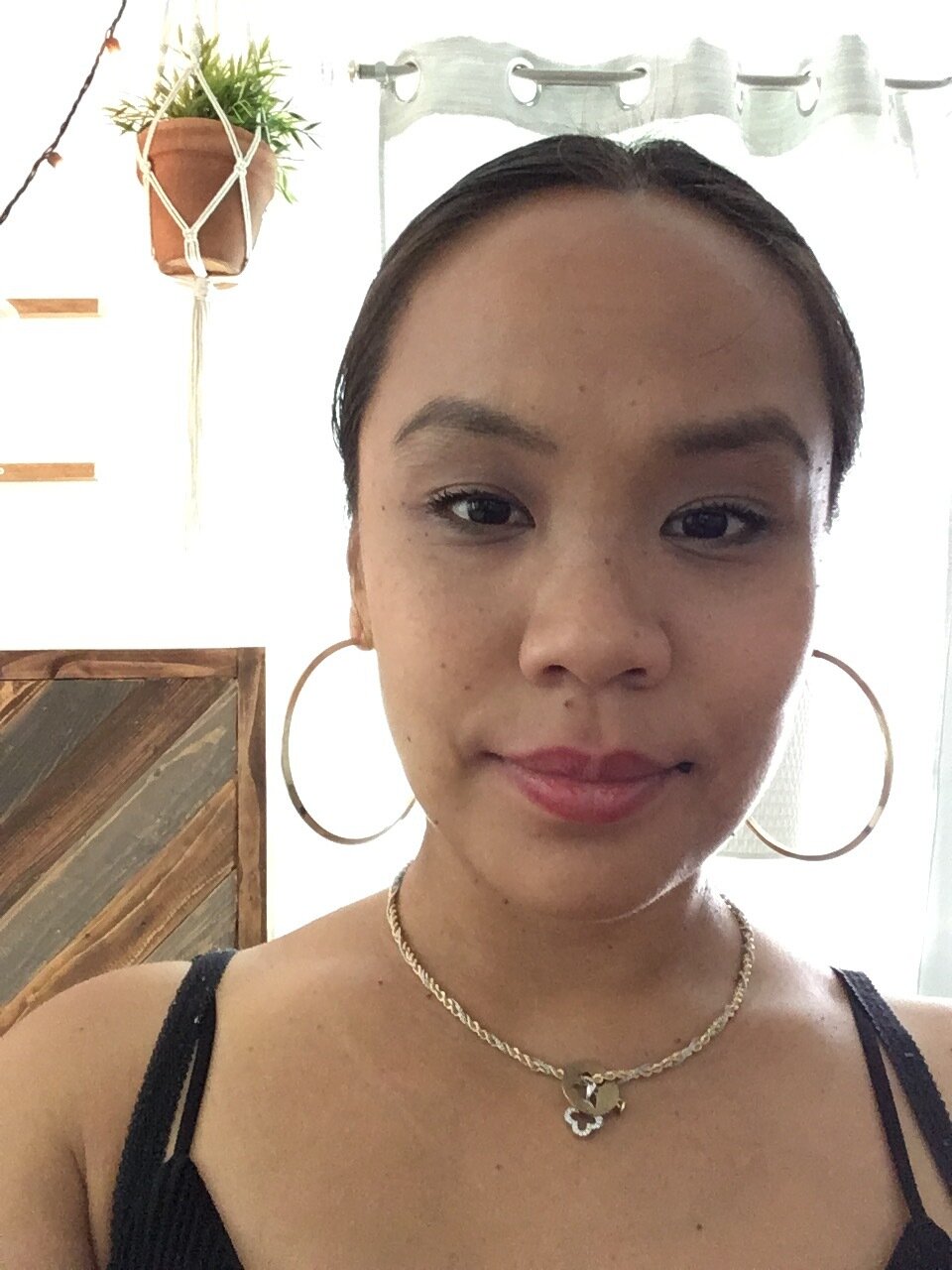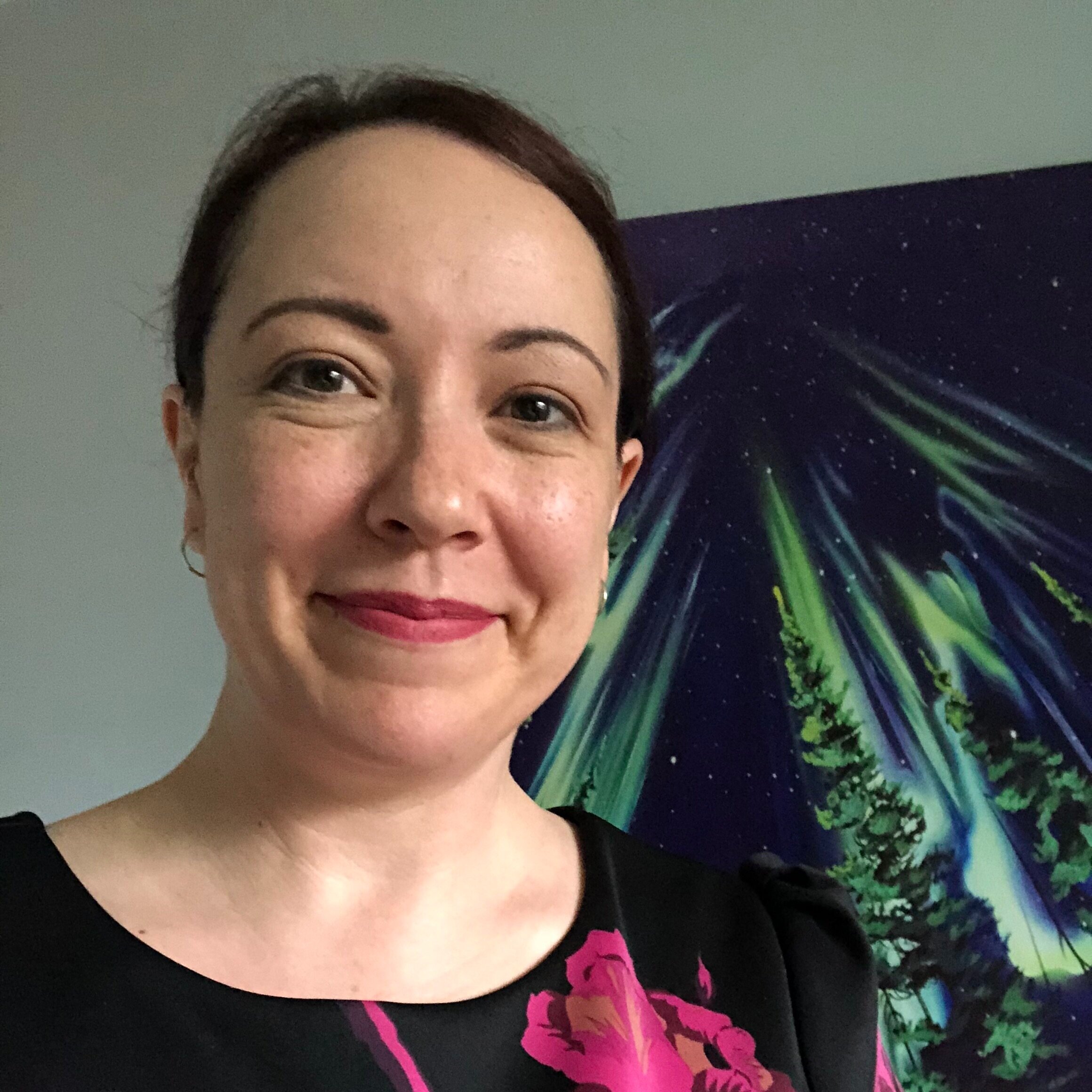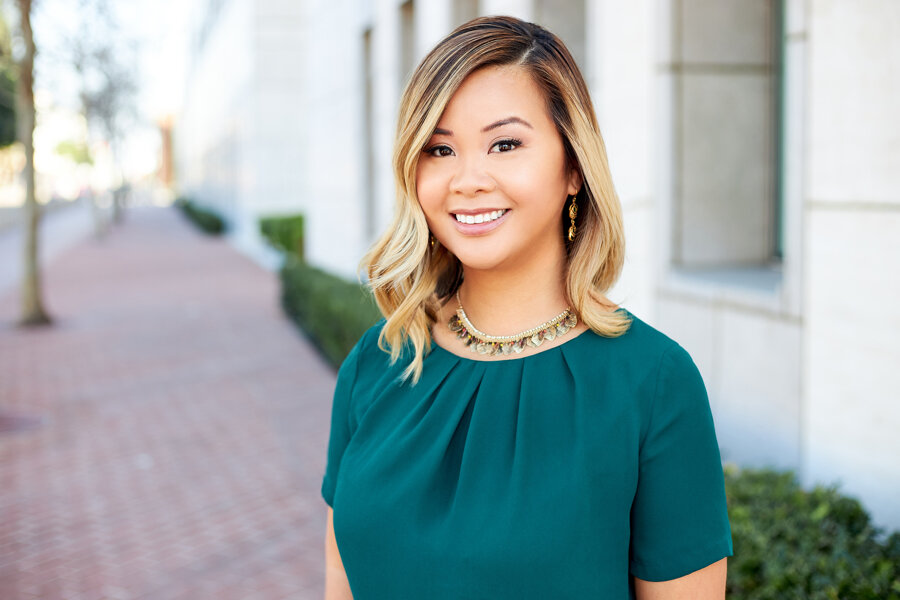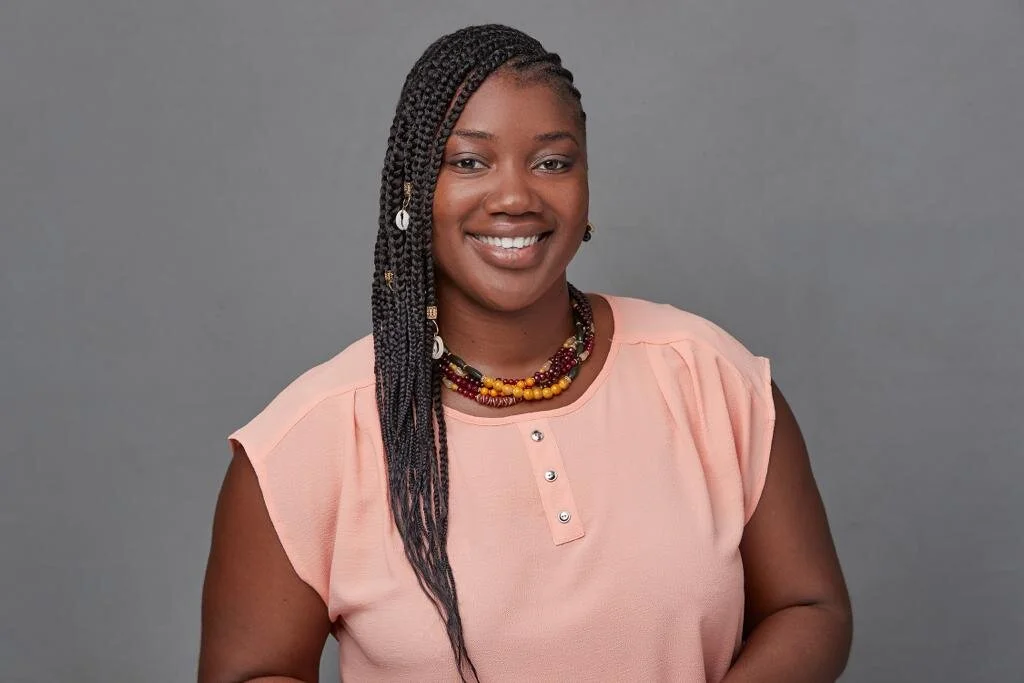2020 Curriculum Inquiry Writing Fellows
Qui Alexander
Qui Alexander (they/them) is a queer, trans, Black Puerto Rican scholar, educator, organizer, and consultant based in Minneapolis. They are currently a PhD candidate in Education, Curriculum and Instruction with a focus on Culture and Teaching at the University of Minnesota--Twin Cities. Their work and scholarship centers queer Black feminist praxis, transformative justice, abolition and healing justice. Their dissertation research focuses on abolitionist pedagogy outside of systems of schooling and within movement spaces. Believing the personal is political, their work strives to focus on personal liberation and healing to make movement work more sustainable.
Jennifer Brant
Jennifer Brant of the Kanien'keh:ka (Mohawk Nation) is a MotherScholar with family ties to Six Nations of the Grand River Territory and Tyendinaga Mohawk Territory. Jennifer completed her PhD in Education at Brock University where she began teaching Indigenous women’s literature. Jennifer is currently an Assistant Professor at the Ontario Institute for Studies in Education. Jennifer's dissertation entitled "Journeying toward a Praxis of Indigenous Maternal Pedagogy: Lessons from our Sweetgrass Baskets" provides insight into the value of a unique pedagogical approach as it relates to cultural identity development and academic success. Her work positions Indigenous literatures as educational tools to move students beyond passive empathy and compassion, inspire healing and wellness, and foster socio-political action. Jennifer is the co-editor of "Forever Loved: Exposing the Hidden Crisis of Missing and Murdered Indigenous Women and Girls in Canada" and writes to call for immediate responses to racialized and sexualized violence. Through her community work, teaching, research, and writing, Jennifer is dedicated to encouraging teacher candidates to engage in effective responses to the Truth and Reconciliation Commission of Canada's 94 Calls to Action and the 231 Calls for Justice released in the final report of the National Inquiry into Missing and Murdered Indigenous Women and Girls entitled Reclaiming Power and Place.
Stephanie Cariaga
Stephanie Cariaga has served the wider Los Angeles community for over thirteen years as a high school and middle school literacy teacher, founding member of the People’s Education Movement, and now an assistant professor in teacher education at California State University, Dominguez Hills. Rooted in radical feminist epistemology that centers wholeness, healing, and intimacy, her teaching and research examines the intersections between healing justice, critical literacy, and critical teacher sustainability. She is inspired by her best teachers, daughter Laila and son Catalino.
Andrea del Carmen
Andrea del Carmen is an education anthropologist studying at the University of California, Santa Cruz. A finalist to the Miriam Jiménez Román Fellowship from the Latinx Project at NYU, her work locates the everyday mechanisms of geographies of anti-blackness and how they shape the lives of Black and Latinx students in Mexican/Chicanx Californian communities, and schools. Her areas of expertise include ethnography, antiblackness/blackness, liberal statecraft, multiracial coalition, women of color theorizing and anthropology of education. You can read her work in The Journal for Mexican-American Educators, and follow her on Twitter at @_LaVazquez_ .
Jennifer Markides
Jennifer Markides is a Research Associate and Postdoctoral Scholar in the Werklund School of Education at the University of Calgary which is located on the traditional territories of the People of the Treaty 7 region in Southern Alberta, which includes the Blackfoot Confederacy (comprised of the Siksika, Piikani, and Kainai First Nations), the Tsuut’ina First Nation, and the Stoney Nakoda (including the Chiniki, Bearspaw, and Wesley First Nations), and homeland to Métis Nation of Alberta, Region III. A member of the Métis Nation of Alberta, she is committed to community-based research partnerships that contribute to education and action. Her research interests span areas of Indigenous education and the well-being of youth living through and in the wake of disasters. She is author of the forthcoming book, Wisdom and Well-Being Post-Disaster: Stories Told by Youth, with Peter Lang Publishing. She is the editor of the Community Wisdom Book Series published by DIO Press. Upcoming books include Walking Together in Indigenous Research (co-edited with Laura Forsythe) and Brave Work in Indigenous Education (co-edited with Jennifer MacDonald).
Josephine H. Pham
Josephine H. Pham is an Assistant Professor in the College of Education at California State University, Fullerton. Her background as a daughter of Vietnamese refugees, classroom teacher, teacher leader, and teacher educator in urban and suburban secondary schools informs her research on multidimensional pedagogies and practices for social transformation. Her scholarship aims to uplift the day-to-day practices and learning of teachers of Color, specifically those who navigate issues of politics and power to transform institutions as more equitable and just places for racially marginalized communities and themselves.
Wideline Seraphin
Wideline Seraphin is an assistant professor of literacy in the department of Instruction and Curriculum Leadership at the University of Memphis. Her work centers the literacies of Black transnational girls, and engages Black Feminist Thought, Critical Media Literacies, and Black Geographies. She worked as a reading/language arts teacher in Miami, Florida before obtaining her PhD in Curriculum and Instruction at The Pennsylvania State University. Wideline's work is informed by her experiences as a second-generation Haitian American student and educator in urban schools. In her free time, Wideline enjoys runs in the park, and is a card-carrying member of the Beyhive.


